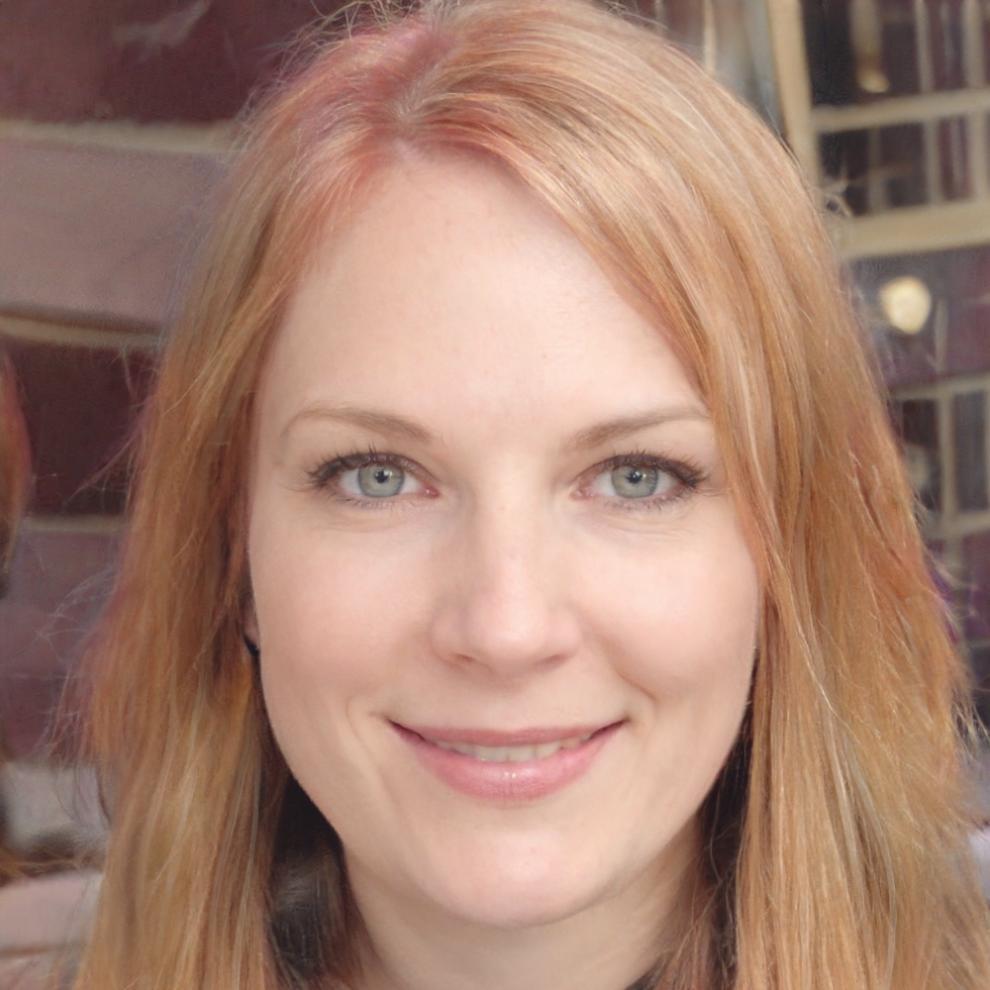Build Budget Skills That Actually Matter
Most business owners struggle with budgeting because they never learned the basics. We teach straightforward methods that work in real companies—not theoretical frameworks that look good on paper but fall apart when you need them.
View Programme Details
What You'll Actually Learn
Forget complicated spreadsheets you'll never use. These are the core skills that separate businesses that survive from those that thrive.
Cash Flow Reality
Understanding where money goes each month sounds simple until you try it. We break down the patterns that trip up even experienced business owners.
Expense Priorities
Not all costs are equal. Learn which expenses deserve protection during tight months and which ones can flex without damaging operations.
Forecasting Basics
Planning ahead doesn't require complex models. Simple projections based on your actual numbers give you enough visibility to make better decisions.

How Our Sessions Work
We've been teaching budget fundamentals since 2018. The format has changed over time based on what participants find most helpful. Right now, we focus on small groups because questions matter more than lectures.
- Sessions run for eight weeks, meeting once weekly in the evening—designed for people managing businesses during the day
- Each session covers one specific budget challenge with examples from real companies operating in the United Kingdom market
- Between sessions, you'll work on your own numbers with optional feedback from our team
- Groups stay under twelve people so everyone gets attention when they're stuck
The Programme Structure
Eight weeks feels manageable for most schedules. Each session builds on the previous one, but we adjust pace based on how the group progresses—some concepts click faster than others.
Current State Review
We start by looking at what you're already doing. Most participants have some system in place—it just needs refining rather than replacement.
Essential Categories
Setting up meaningful expense categories that match how your business actually operates, not generic templates from online guides.
Monthly Tracking
Building a routine that takes about an hour each month. More than that and people stop doing it—consistency beats perfection.
Adjustment Methods
Learning when to stick with your plan and when to adapt. Budgets shouldn't be rigid, but changing them requires good reasons.


What Past Participants Say
These are real comments from business owners who completed the programme in late 2024. Results vary based on individual effort and circumstances.
The sessions helped me understand why my previous budget attempts never worked. Turns out I was tracking the wrong things and ignoring what actually mattered for my type of business.
I expected generic advice but got specific feedback on my numbers. The weekly check-ins kept me accountable, which is exactly what I needed to build the habit of regular budget reviews.

